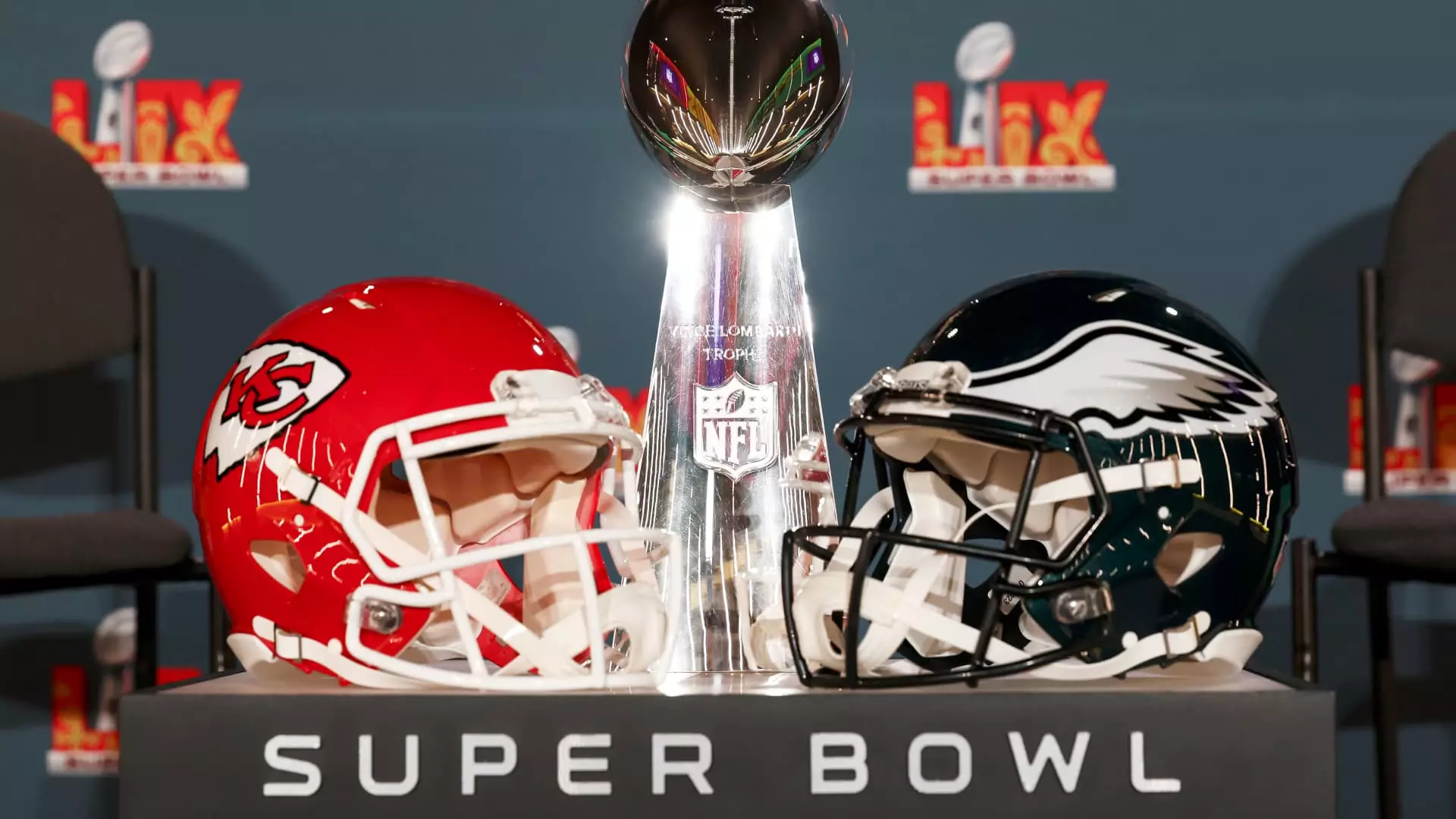The NFL’s recent effort to scrutinize and penalize players, coaches, and staff involved in ticket reselling exposes a troubling prioritization of corporate interests over genuine fan engagement. While the league claims to uphold integrity and fairness, the aggressive fines and penalties seem more like a defensive maneuver to safeguard its brand rather than a sincere attempt to protect ordinary fans. In a system where access to the most desirable tickets becomes an exclusive privilege, the NFL’s actions appear to reinforce existing inequalities, rather than address them.
This crackdown disproportionately targets individuals who, in many cases, were simply responding to a lucrative market created by the league itself. The NFL’s policies actively restrict resale profits, yet the organization simultaneously benefits from enormous scalper markets, black market sales, and third-party brokers. This duality exposes a fundamental contradiction: the league seeks to eliminate resale profit at the ground level, but thrives amid the very secondary market it opposes. By punishing players and employees for engaging in resale activities, the NFL effectively shifts blame onto those working closest to the fans, rather than addressing the systemic issues that allow resale markets to flourish.
Selective Enforcement and a Culture of Punishment
The targeted fines—1.5 times the face value for players and twice for employees—suggest a punitive approach that may be more about sending a message than fostering fairness. The league’s decision to strip future ticket privileges from non-player personnel hints at a broader effort to control who gets access, rather than ensuring affordability and accessibility for the loyal fanbase. These measures are arguably more about protecting the league’s image than truly serving the interests of the community.
It is also worth noting the hypocrisy in the league’s stance. The NFL itself controls a significant portion of the ticket distribution pipeline, yet it positions itself as a victim of unethical resale schemes. This selective enforcement raises questions about whether the league is genuinely committed to fan welfare or simply seeking to establish a moral high ground that aligns with corporate profits. When the NFL doubles down on penalties and compliance training, it risks alienating fans who see these policies as overbearing, punitive, and disconnected from the realities of ticket markets.
The Need for Authentic Fan-Centric Policies
Instead of escalating fines and restrictions, the NFL should critically evaluate its approach to fostering fan loyalty and accessibility. Genuine efforts to democratize ticket access—such as dynamic pricing models, transparent secondary market partnerships, and affordable ticket initiatives—would serve both the league’s brand and its supporters better. These measures would acknowledge that fans are not just passive consumers, but active stakeholders whose experiences and trust are integral to the league’s long-term success.
By focusing on policies that emphasize fairness, transparency, and inclusivity, the NFL could move beyond a reactive stance rooted in punishment. Building a more accessible ticket system would demonstrate that the league values its community, rather than merely protecting its bottom line. The current crackdown feels more like an attempt to stifle dissent and control narratives, rather than a sincerely compassionate effort to serve the very people who sustain the game.

